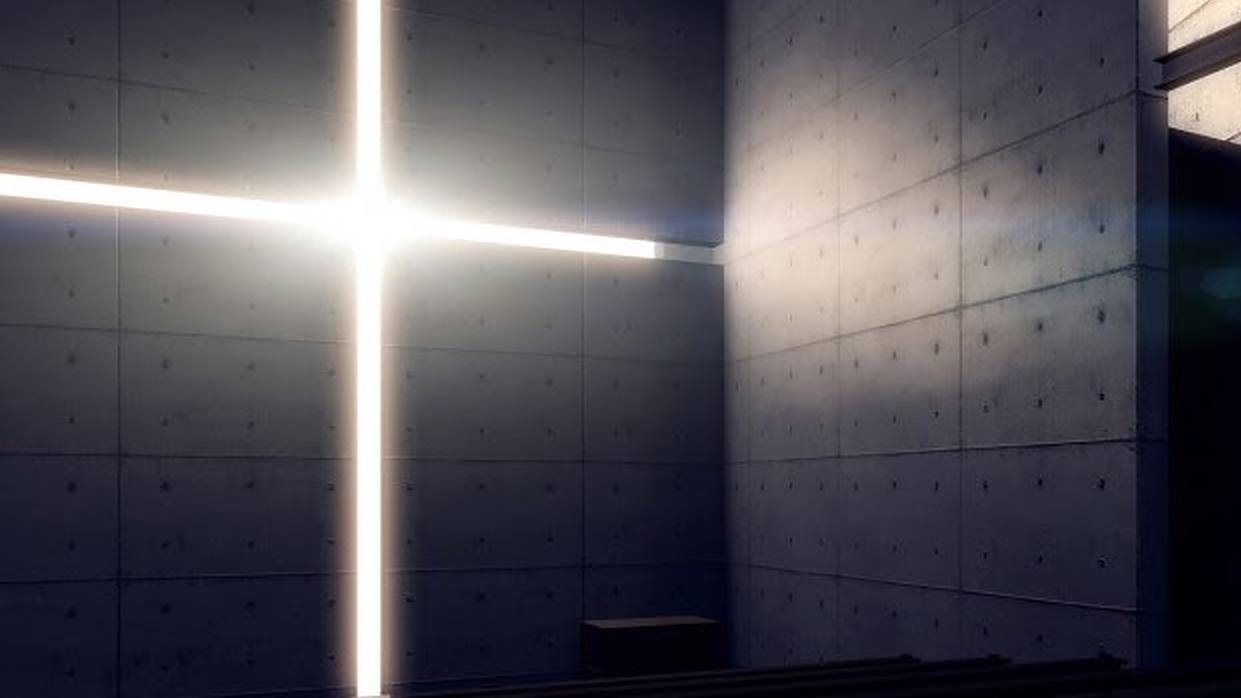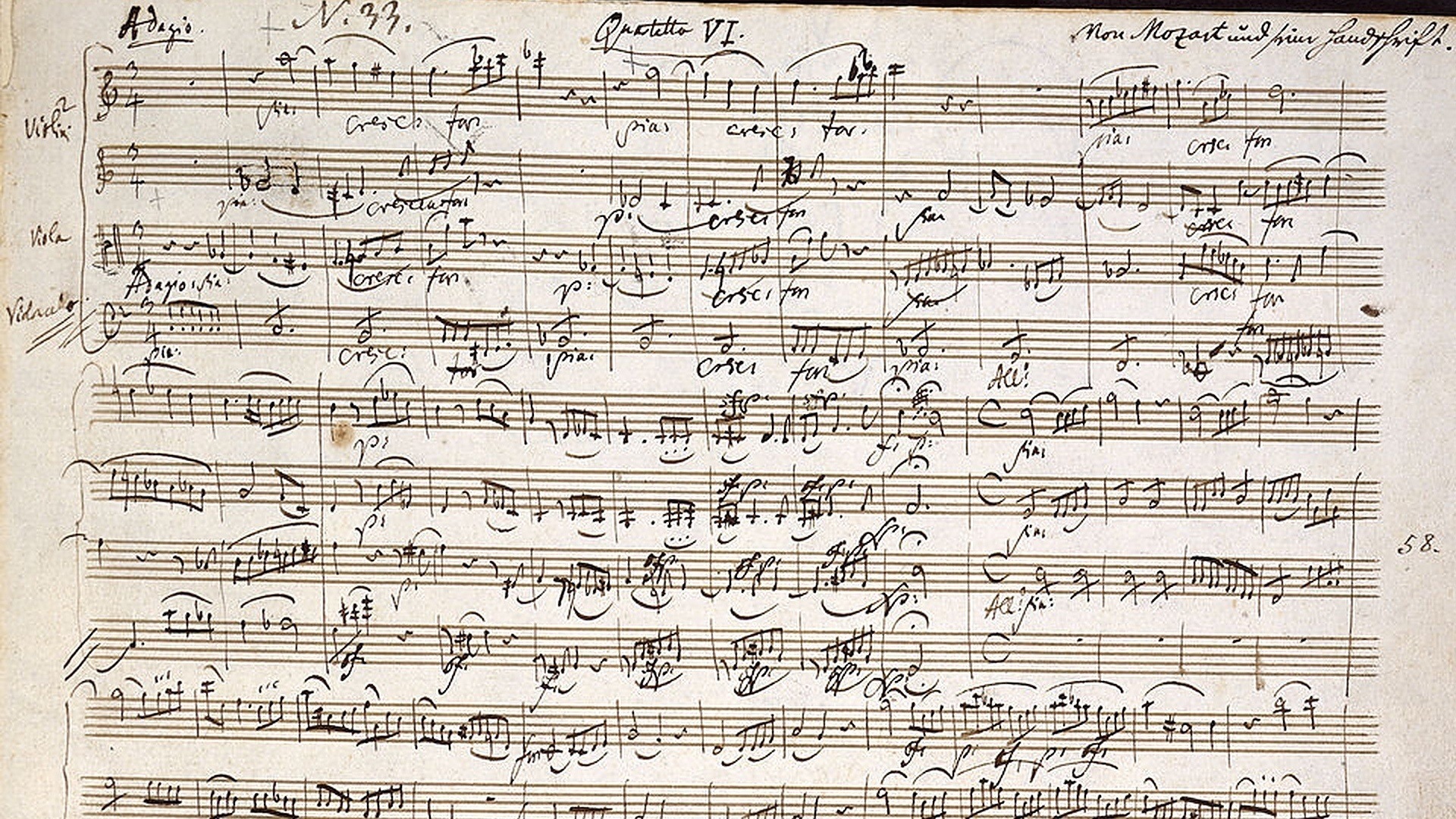Mozart’s Symphony No. 36 in C Major, “Linz”: A Hurriedly Written Masterpiece
In 1783, Mozart traveled to Salzburg with his new bride, Constanze, in an attempt to reconcile with his father, who did not approve of the marriage. On the return trip to Vienna, the couple spent three weeks in the Upper Austrian town of Linz as guests of Count Johann Thun-Hohenstein, an old friend of the Mozart family. In a letter dated October 31, Mozart wrote to his father, When we reached the …







